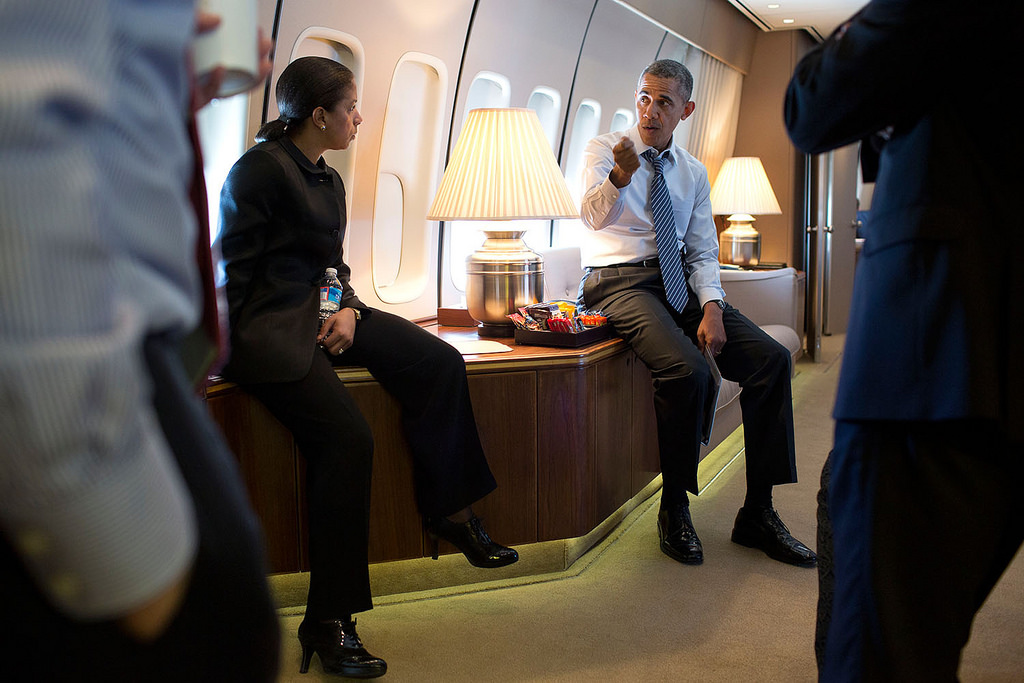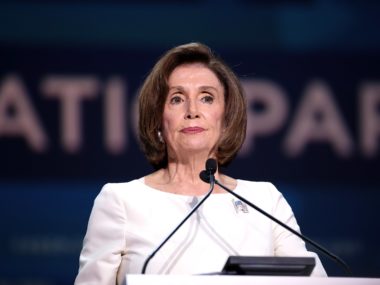By Rachel A. Epstein for Denver Dialogues.
Munich. Yalta. Katyń. Does Donald Trump know what these places signify in European, Transatlantic, and global security? I wouldn’t be surprised if he, and many Americans, couldn’t easily bring to mind what transpired in those instances and why it matters – it was a long time ago. Americans may wonder why the United States today should be concerned over Russian actions in faraway lands, even if they know the history is dark. There are many regimes around the world that rule using violence and fear, curb human rights, and invade their neighbors. Russia in 2017 is hardly the most egregious case, so why should the United States vilify one such offender so vigorously? And for many Americans, it’s not clear why the North Atlantic Treaty Organization (NATO), founded in 1949, is still needed or worth paying for since the threat for which it was founded—the Soviet Union—dissolved more than 25 years ago.
There are three reasons why the indifference outlined above is misplaced and why the continuing US commitment to NATO is vital for American security and prosperity. First, Russia in its various forms over centuries has long had designs on East Central Europe in the form of brutal domination. Second, one of the most revolutionary changes that accompanied the Cold War’s end was a renewed commitment by major Western powers to actually allow Europe’s smaller, weaker states to take their countries’ fates into their own hands—i.e., real self-determination that was denied them at the close of World War II. Third and most pragmatically, while there are many anti-democratic and violent regimes around the world, the United States should concern itself with Russia because European stability is so central to American welfare. The US-EU trade and investment relationship is the largest in the world. The Transatlantic community is also a powerful democratic block that can and has promoted liberal political values—both among its members and beyond.
Beginning with Russian designs on East Central Europe, Russian aggressions in Georgia in 2008 and in Ukraine beginning in 2014 were meant to foment controlled instability in those countries and prevent further NATO enlargement. Russia under Putin has sought to limit the alliance’s influence and geographical scope because being surrounded by democratic countries that defend human rights, uphold the rule of law, and support a free media makes it harder for Putin to sustain authoritarianism at home. NATO membership and democratic capitalism also complicate Putin’s efforts to wield influence in neighboring regimes and beyond. One can go back a lot further than the secret Molotov-Ribbentrop Pact of 1939, when the Soviets agreed with the Nazis to carve up East Central Europe between them, to see Russia’s interest in controlling territories to its west. In the Katyń massacre of the same era, the Soviets executed and buried (to conceal) over 20,000 Polish nationals, including thousands from the officer class. This was a strategy of political decapitation, intended to make the ultimate domination of Poland easier by eliminating vast swaths of the country’s leadership. Violence in the region today falls short of its macabre heights, but the aims are similar.
Second, the 20th century shows repeated instances of major powers consigning weaker states to foreign occupation, domination, and even slaughter. “Munich” is a reference not only to the appeasement of Hitler, but also to great power bargaining over Czechoslovakia’s fate without any meaningful input from those who would be most severely affected. The notion that President Trump might court Putin at the expense of NATO (because it is “obsolete”) evokes just this kind of appeasement that turned out to be such a terrible and consequential miscalculation on the part of the UK and France.
The “Percentages Agreement” of October 1944 between Churchill and Stalin presents similar evidence of a colonial mentality and willingness, even among those fighting Hitler, to subscribe to a “hierarchy of nations” in which whole populations were dispensed with on the back of an envelope. At Yalta in 1945, meanwhile, the United States and its allies ostensibly agreed to the liberation of Europe’s occupied peoples and their right to self-determination and then promptly gave up on that idea in the East once Soviet insistence on total domination was manifest. The open door policies of NATO and the European Union following the Cold War were a radical break from this shameful past, giving small European countries a seat at the table. And to the extent newly independent states embraced the idea of equal protection under the law, the expanded security architecture also acted as a block against minority abuses and religious discimination, which in Europe, as elsewhere, had all too often and too quickly led to murder.
Third and finally, the United States would be well-advised to contain Russia and defend NATO because the US and its allies still exercise considerable influence on Russia if they so choose. This makes Russia different from many other authoritarian regimes around the world that violently and systemically punish dissent. It may be hard for the normal US citizen (or for Donald Trump) to appreciate that a Russian invasion of a Baltic state without a vigorous NATO response could spell disaster for American prosperity and security. But if Russia succeeds in undermining the credibility of NATO’s Article V security guarantee, even in one country, there would be little reason for other NATO members to expect the American security umbrella to serve its purpose—vis-à-vis Russia or any other perceived or potential rival. And that would be the end of the alliance as we know it. It is possible that without NATO and US engagement the Europeans wouldn’t necessarily go back to killing each other on the devastating scale seen in the several hundred years before the close of World War II – but I also don’t really want to find out. As Mark Twain said, “History may not repeat itself, but it certainly rhymes.”






2 comments